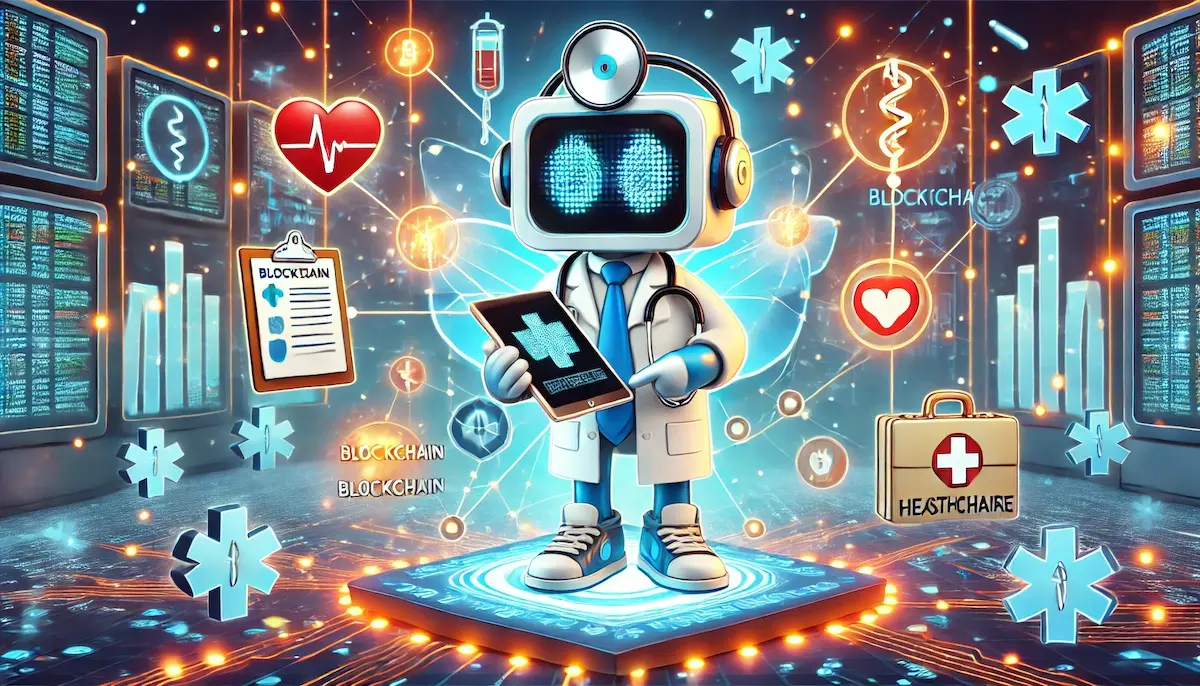The healthcare industry is witnessing a transformative shift with the integration of blockchain technology. This revolutionary technology, best known for its role in cryptocurrencies, is now offering promising solutions to some of healthcare’s most persistent challenges. From enhancing data security to improving patient outcomes, blockchain is poised to reshape the future of healthcare.
What is Blockchain?
At its core, blockchain is a decentralized digital ledger that records transactions across multiple computers. This ensures that the recorded information cannot be altered retroactively, providing a transparent and secure way to store data. Each transaction is recorded in a “block,” and these blocks are linked together in a “chain,” hence the name blockchain.
Benefits of Blockchain in Healthcare
Enhanced Data Security
One of the most significant advantages of blockchain in healthcare is its potential to enhance data security. Healthcare data breaches are a growing concern, with sensitive patient information often targeted by cybercriminals. Blockchain’s decentralized nature makes it exceptionally difficult for hackers to compromise data, as altering one block would require altering all subsequent blocks, a nearly impossible task.
Improved Patient Privacy
Blockchain can also improve patient privacy by giving individuals control over their own medical records. Patients can decide who has access to their data and for how long, ensuring that their information is shared only with authorized parties. This control can help protect patient privacy and reduce unauthorized access to personal health information.
Streamlined Data Management
The healthcare industry deals with vast amounts of data, from patient records to clinical trial results. Blockchain can streamline data management by providing a single, secure, and easily accessible platform for storing and sharing information. This can lead to more efficient data handling, reducing the risk of errors and ensuring that healthcare providers have access to accurate and up-to-date information.
Enhanced Interoperability
Interoperability, or the ability of different healthcare systems to work together, is a significant challenge in the industry. Blockchain can facilitate interoperability by providing a common platform for data exchange. This can enable seamless sharing of patient information across different healthcare providers, improving coordination and patient care.
Better Clinical Trials
Clinical trials are essential for developing new treatments and medications, but they often suffer from issues like data manipulation and lack of transparency. Blockchain can address these problems by providing an immutable record of trial data, ensuring that results are accurate and trustworthy. This can help speed up the development of new treatments and bring them to market faster.
Challenges and Future Prospects
Despite its potential, blockchain technology in healthcare is not without challenges. These include regulatory hurdles, the need for standardization, and concerns about data privacy and ownership. However, ongoing research and development are addressing these issues, and the future looks promising.
As blockchain technology continues to evolve, its application in healthcare is expected to grow, offering innovative solutions to long-standing problems. From enhancing data security to improving patient outcomes, blockchain holds the potential to revolutionize the healthcare industry.
Blockfine thanks you for reading and hopes you found this article helpful.
